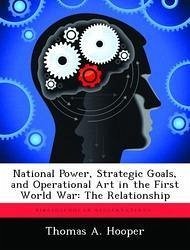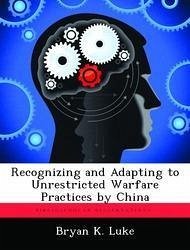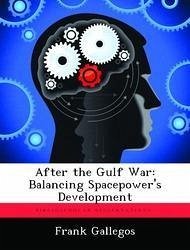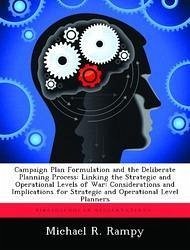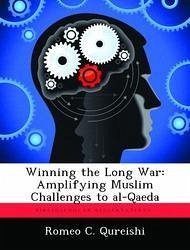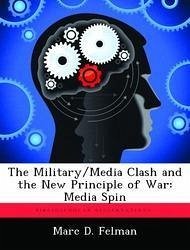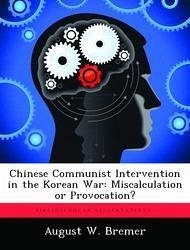
Beyond-the-Box Thinking on Future War: the Art and Science of Unrestricted Warfare
Versandkostenfrei!
Versandfertig in über 4 Wochen
52,99 €
inkl. MwSt.

PAYBACK Punkte
26 °P sammeln!
Globalization, the technological interconnectedness of societies, and America's military prowess have created the opportunity and motive for future peer competitors to exploit Unrestricted Warfare (URW) strategies. This holistic approach to warfare employs coherent and integrated multidimensional actions, synchronized in time and space, combining all available means, including military and civilian, violent and non-lethal force, targeting adversary's wide-spectrum domains, aiming to affect opponent's will and capabilities during times of real or perceived conflict. Shifting the emphasis from m...
Globalization, the technological interconnectedness of societies, and America's military prowess have created the opportunity and motive for future peer competitors to exploit Unrestricted Warfare (URW) strategies. This holistic approach to warfare employs coherent and integrated multidimensional actions, synchronized in time and space, combining all available means, including military and civilian, violent and non-lethal force, targeting adversary's wide-spectrum domains, aiming to affect opponent's will and capabilities during times of real or perceived conflict. Shifting the emphasis from military to political, economic, information, and cultural engagements, future peer competitors will aim to constrain the US's response within a regional or global sphere of interest, degrading its combat effectiveness, by collapsing government organizations, and disrupting the normal flow of society. Such perspective produces several strategic implications, exposing legal and moral dilemmas, the increasing civilianization of war, and risk society challenges. The fact that warfare is expanding beyond the military domain continues to constrain Western thought, challenging military and political decision-makers. Therefore, it demands a shift of mindset in order to understand that the main strategic differences towards warfare are cultural, and that warfare should be viewed as a holistic endeavor. Hence, the importance of a coherent integration of US's national security strategy. This involves a three step approach based on renewed strategic thought, the purposeful adaptation leading to a holistic-agency approach, and a people-centric perspective enhancing the education of the national security practitioners.





